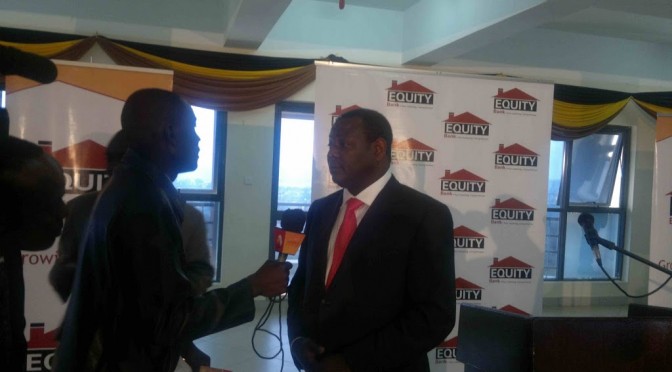We have four professionals involved in the running of a pension scheme, namely:
- Trustees who are responsible for management of the scheme and act in the best interests of the beneficiaries.
- Fund Managers to provide investment advice as well as investing the scheme funds.,
- Custodians for the safe custody of scheme assets and title documents.
- Administrators who carry out administrative duties including keeping members records.
The lines above are excerpts from a speech by Edward Odundo, CEO of the Retirement Benefits Authority, at the rebrand and launch, of Liberty Pension Services, one of the leading independent pension fund administrators, which has now rebranded as Enwealth. He also said that the retirement benefits industry assets have grown tremendously from Kshs 50 billion in 2000 to Kshs 814 billion in 2015, and should reach Kshs 1 trillion by the end of 2016.
All the above entities are licensed by the Capital Markets Authority.
$1 = Kshs 100


